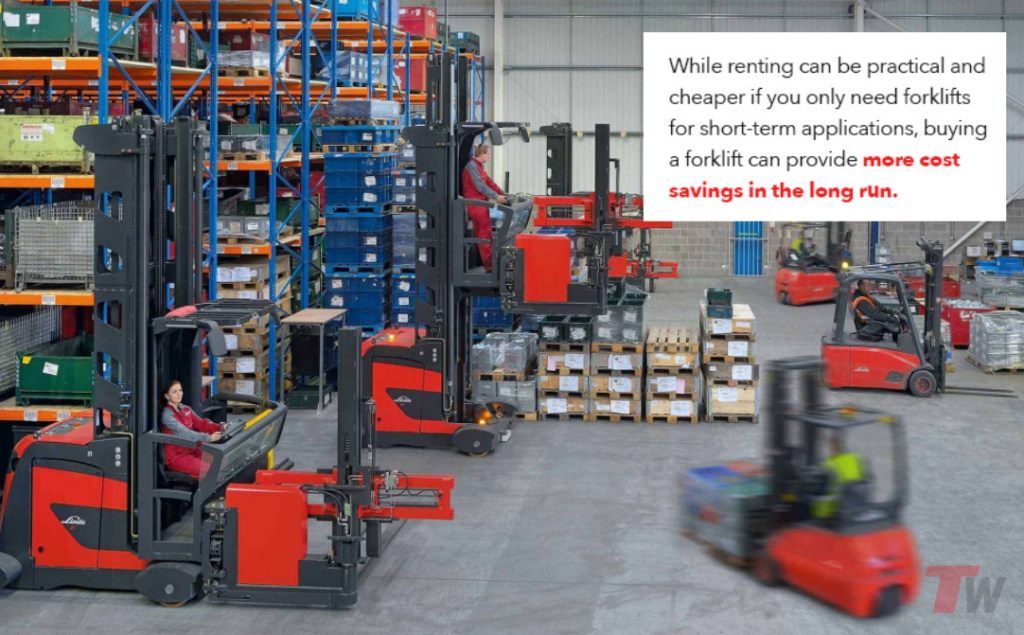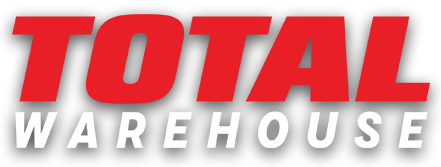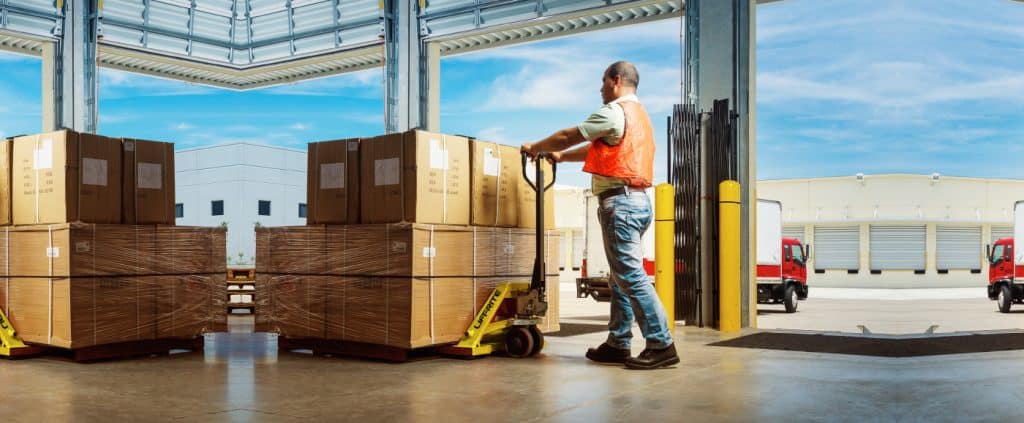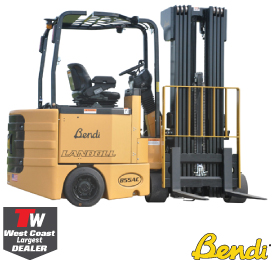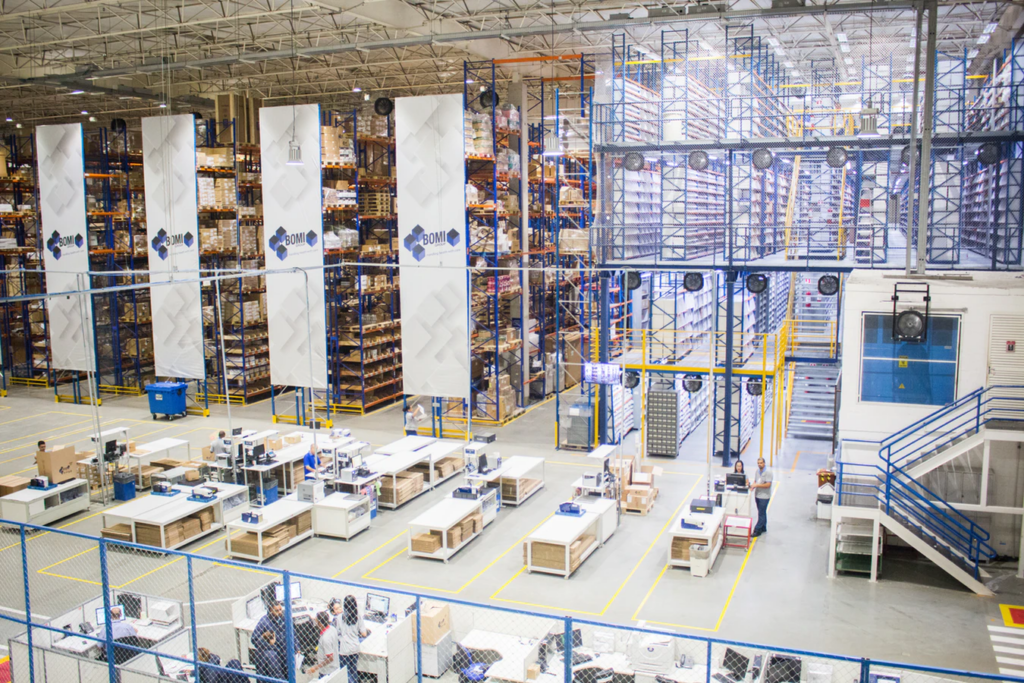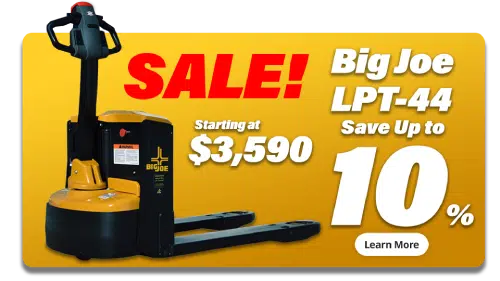Forklift Purchasing Options: Renting vs. Leasing vs. Buying Forklifts
Which Option Is Best for Your Business?
The cost of material handling equipment, particularly forklifts, represents a significant investment for industrial operations. Fortunately, buying isn’t the only option—you can also rent or lease forklifts, depending on your business needs. Each option comes with its own set of advantages and disadvantages, making it essential to evaluate which solution works best for your operational requirements.
Explore the pros and cons of buying, renting, and leasing forklifts, so you can make the RIGHT choice for your business.

Buying a Forklift
Buying a forklift is often the best route if you have the capital and want to turn that investment into an owned asset. This option gives you long-term control over the equipment and can be a wise choice for businesses needing specialized forklifts that rental providers may not always have available.
Advantages of Buying:
1. Resale Value: Once you no longer need the forklift, you can sell it and recover some of your investment.
2. Tax Deductions: Many businesses can take advantage of tax deductions when purchasing equipment, such as accelerated depreciation.
3. New or Used Options: Buying allows you to choose between a new or used forklift, with used models offering significant cost savings.
4. No Restrictions: Since you own the forklift, you don’t have to worry about penalties for damage or exceeding usage limits.
Disadvantages of Buying:
1. Maintenance Costs: As the owner, you’re responsible for all maintenance and repairs, which can add up over time.
2. Higher Upfront Costs: Purchasing a forklift involves a larger initial investment compared to renting or leasing.
When Buying Makes Sense:
When you use the forklift less than 1,000 hours per year.
When your forklift requires minimal service and repairs.
When your equipment needs are consistent and not highly cyclical.
Renting a Forklift
Renting a forklift is typically the go-to option for short-term needs, such as seasonal demand spikes, unexpected equipment breakdowns, or trial periods before making a purchase. Rental periods can range from a few days to several months, offering businesses the flexibility to scale their operations.
Advantages of Renting:
1. Flexibility: You only pay for the forklift when you need it and can swap models as needed for different tasks.
2. Quick Availability: Rental equipment can often be obtained with short lead times, perfect for urgent needs.
3. No Maintenance Costs: Maintenance is typically covered by the rental provider, keeping your costs predictable.
4. Easier Budgeting: Renting provides fixed costs, making it easier to budget for short-term needs without tying up capital.
Disadvantages of Renting:
1. Higher Cost for Flexibility: Renting offers flexibility but at a premium. You may pay more in the long run compared to leasing or buying.
When Renting Makes Sense:
When your need for equipment is short-term or seasonal.
When your business requires the utmost flexibility.
When you want a predictable, maintenance-included cost structure.
When capital is not available for buying or leasing alternatives.
Leasing a Forklift
Leasing a forklift offers a middle ground between renting and buying. It allows businesses to get the latest equipment with lower upfront costs than purchasing while providing more long-term use than renting. Leasing is ideal for companies that want to regularly upgrade to newer models without making large capital investments.
Advantages of Leasing:
1. Low Initial Costs: Leasing allows you to access modern equipment without the high upfront expenses associated with buying.
2. Regular Access to New Equipment: Leasing enables you to upgrade to the latest forklift models every few years, benefiting from technological advances in safety, efficiency, and productivity.
3. Reduced Maintenance Costs: Short-term leases typically involve newer, warrantied equipment, reducing the likelihood of costly repairs.
4. Affordable Monthly Payments: Leasing breaks down the cost of the forklift into manageable monthly payments, preserving working capital.
Disadvantages of Leasing:
1. Higher Long-Term Costs: While leasing may be cheaper upfront, it can cost more over time compared to outright purchasing.
2. Usage Limits: Exceeding usage limits specified in the lease agreement can result in penalties.
3. No Ownership: At the end of the lease, you won’t own the equipment, limiting your company’s equity.
When Leasing Makes Sense:
When your forklifts will be used for more than 1,000 hours per year.
When you want the flexibility to upgrade to new equipment regularly.
When you want to preserve working capital and avoid large upfront payments.
When your business prefers off-balance-sheet transactions.
When you want to deduct forklift expenses as an operating cost.
Making the Choice: Rent, Lease, or Buy?
Deciding whether to rent, lease, or buy a forklift depends on several factors, including your budget, operational needs, and long-term goals. Here’s a quick recap to help guide your decision:
Buy a Forklift if you have long-term, consistent equipment needs, want ownership and resale value, and can handle the upfront costs and ongoing maintenance.
Rent a Forklift if you need short-term flexibility, easy budgeting, and maintenance-free operation for cyclical or unpredictable business demands.
Lease a Forklift if you want access to the latest equipment without a large capital investment, reduced maintenance costs, and affordable monthly payments over a few years.
Each option has its strengths, and the best choice will depend on your specific business requirements. Whichever path you choose, working with a trusted forklift provider can help ensure you maximize the value of your equipment investment.
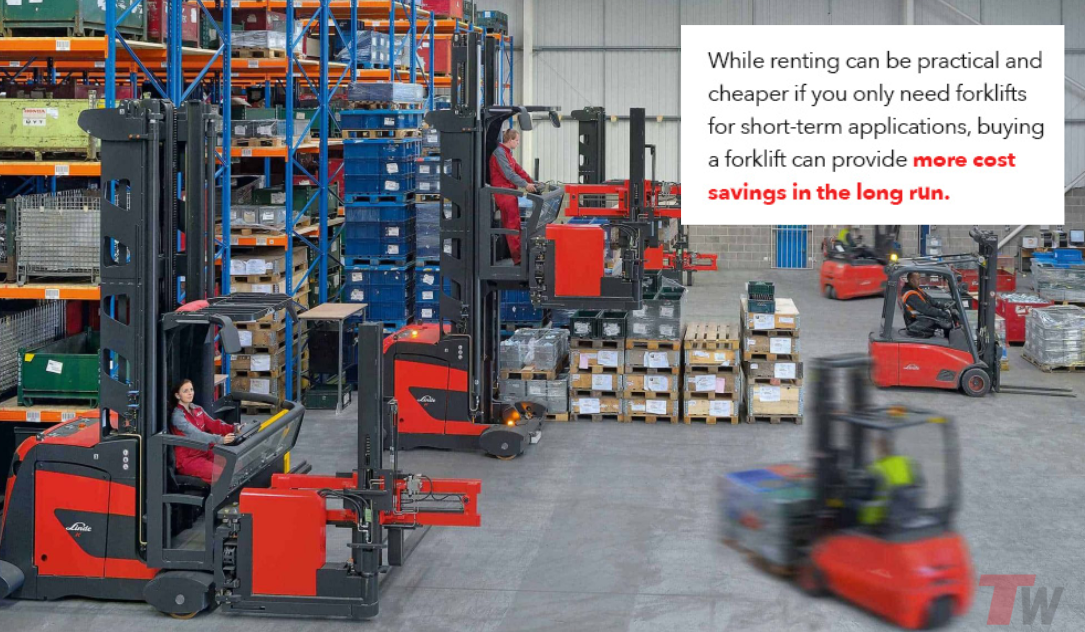
Total Warehouse are proud dealers for Linde, Big Joe, UniCarriers, and Landoll. We’ve helped countless businesses across the United States achieve lower maintenance, reduced costs, increased worker satisfaction, and increased economic sustainability by making the switch. Our team of highly knowledgeable experts can help you make the right decision for your business. Give us a call at 833-868-2500 or contact us online.
About the author:

Julie K has been a key figure in the warehouse industry for over five years, combining with content editorial skills & analytical expertise. She has provided valuable guidance to industry leaders, while her editorial abilities have made complex information accessible to a wider audience. Outside of work, Julie stays at the forefront of warehouse technology, continually expanding her understanding of this dynamic industry.
